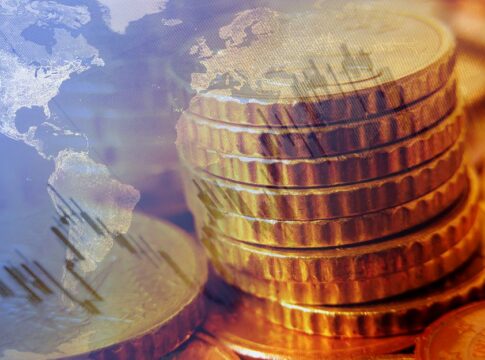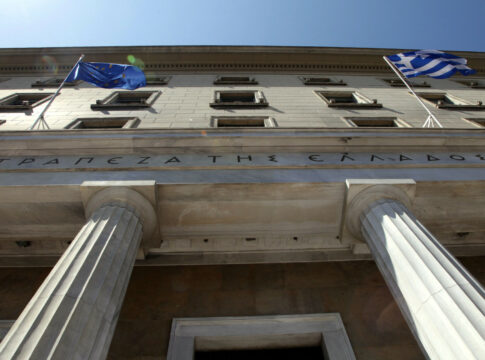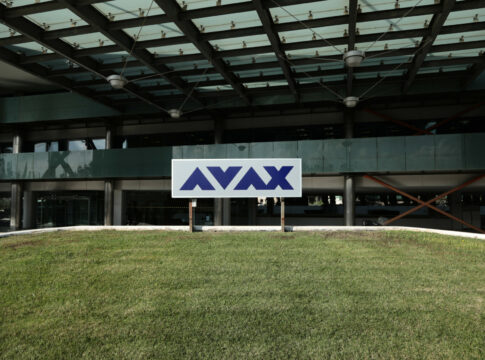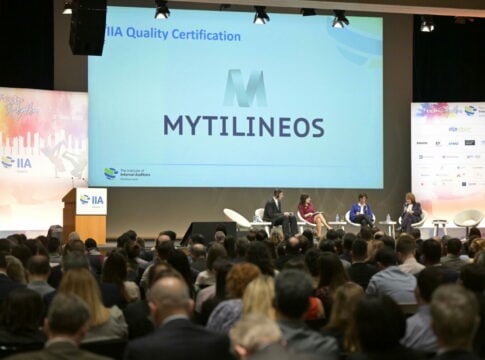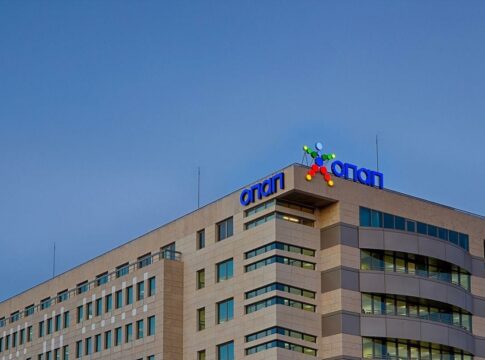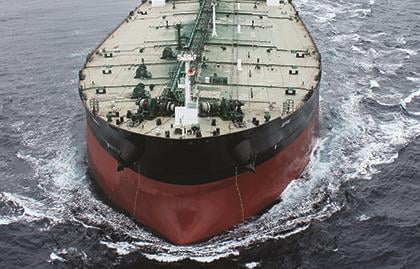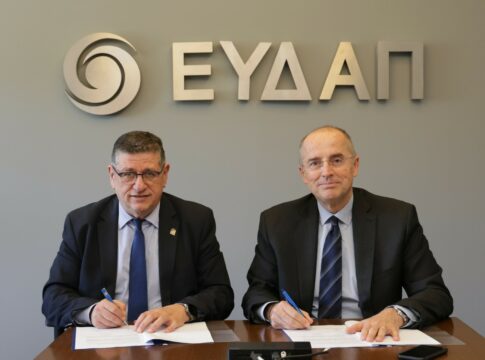2023 was a milestone year for all of Europe, according to the analysts of PwC Greece, for many reasons, including the war conflicts in Ukraine and the Middle East, high inflation and the climate change which intensified the signs of a slowdown in the European economy.
However, the Greek economy showed resilience recording the 4th highest growth rate among the eurozone countries (2.2% vs. 0.5%) as well as the largest percentage reduction in the debt-to-GDP ratio (160.3% vs. 172.6% in 2022).
Moreover, Greece was named by the Economist as “the country of the year” for 2023 due to its steady growth, its continued reforms, the reduction of debt as a percentage of GDP as well as the significant drop of unemployment rate to 9.2%, a rate Greece had last seen in May 2009. Moreover, Greece returned to the investment grade status after 13 years.
Curbing the fiscal expansion of the previous two years due to the energy crisis and high inflation, the Greek economy gained the credibility and confidence of the markets and institutional investors as: on October 20, 2023 the rating agency Standard & Poor’s upgraded the Greek economy to investment grade, and on December 2, 2023, the Fitch rating agency also upgraded the Greek economy to investment grade, which also led to the de-escalation of business financing costs.
In addition, 2023 is considered a landmark year for Greek tourism, as both arrivals (32.7 million travelers) and receipts (20.5 billion euros) surpassed the respective historically high levels of 2019. At the same time, the country completed 43 milestones and goals defined by the “Greece 2.0” plan, having disbursed more than 11 billion euros from the Recovery & Resilience Fund.
Within the next two years, the country expects 36 billion euros in loans and grants from the Recovery and Resilience Fund. In addition, 26.2 billion euros will be channeled into the Greek economy from the new NSRF 2021-2027. These funds as well as the increased expenditure of the Public Investment Program are expected to contribute to the further strengthening of investment activity and transformation of the country’s development model.
Meanwhile, Greek banks showed exceptional commitment to the goal of reducing NPLs from their balance sheets to 8.6% of total loans, allowing them to support the recovery through lending.
However, international uncertainty due to geopolitical turmoil and the climate crisis as well as monetary policy in the face of high inflation constitute significant challenges.
Strong growth at 2.3% in 2024 and 2025
As the analysts explained, Greece needs to continue promoting reforms, fiscal discipline as well as meeting its targets in order to quickly disburse the next tranches and increase investments. According to the European Commission’s winter forecast, the country’s growth is expected to remain strong at 2.3% in 2024 and 2025 – above the EU average. In 2024, it is expected to reduce debt to close to 150% of GDP maintaining the positive “momentum” of the previous year.
In this environment, corporate deals boom, with special emphasis on the health sector.
More specifically, in 2023 the largest number of mergers and acquisitions in 15 years was recorded, 22 more than in 2022.
In 2024, there is an undiminished activity compared to the previous year, while a significant number of privatizations totaling 6.0 billion euros are expected to be concluded.




